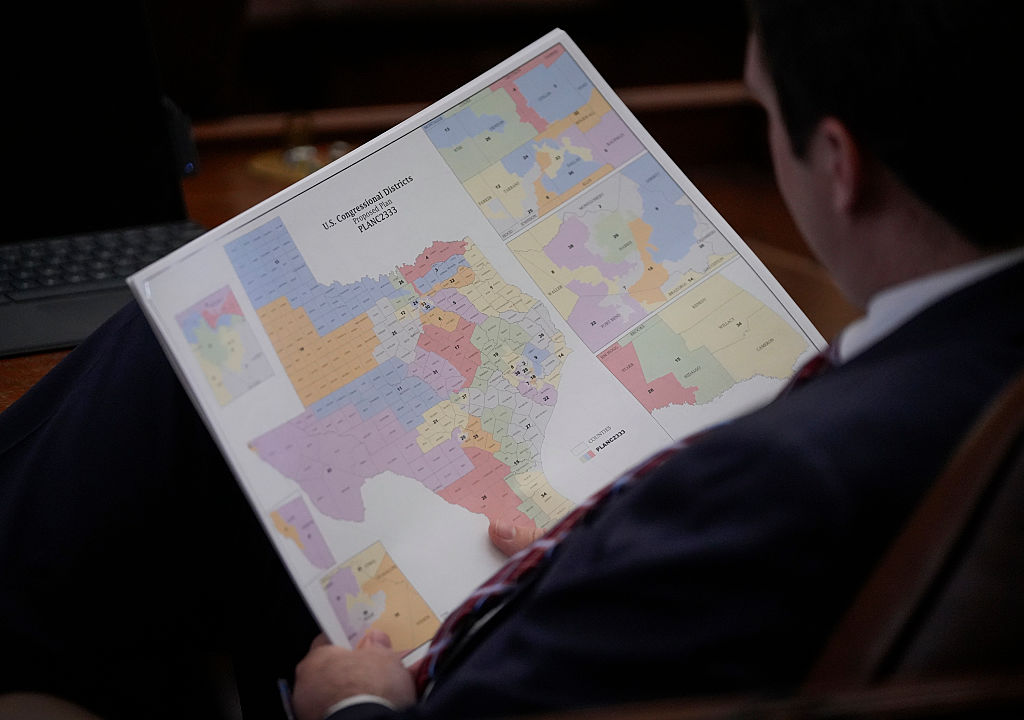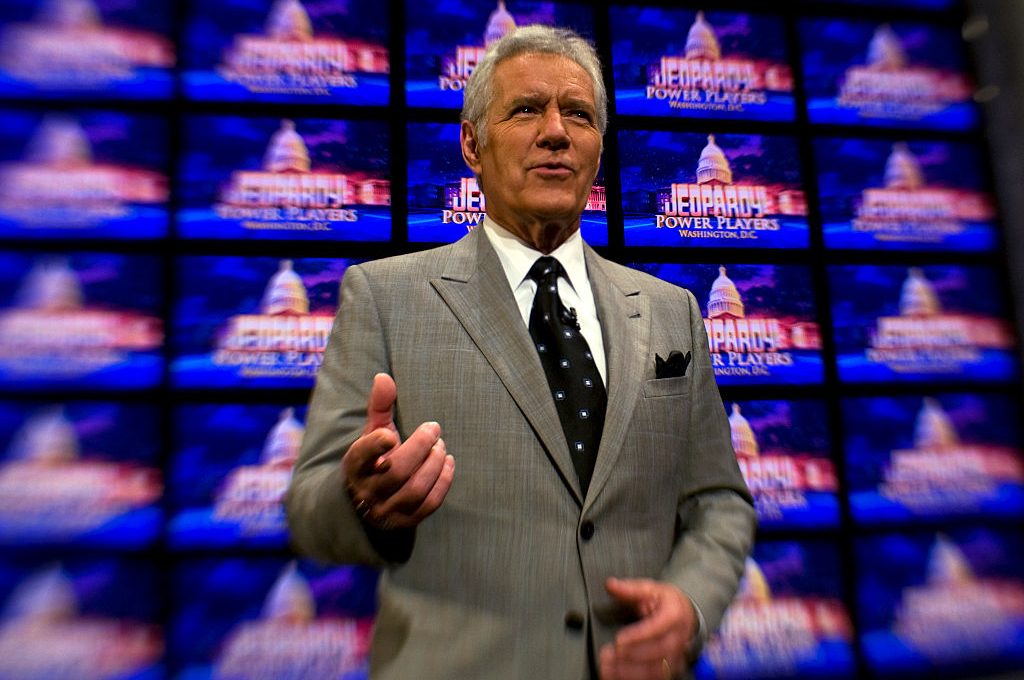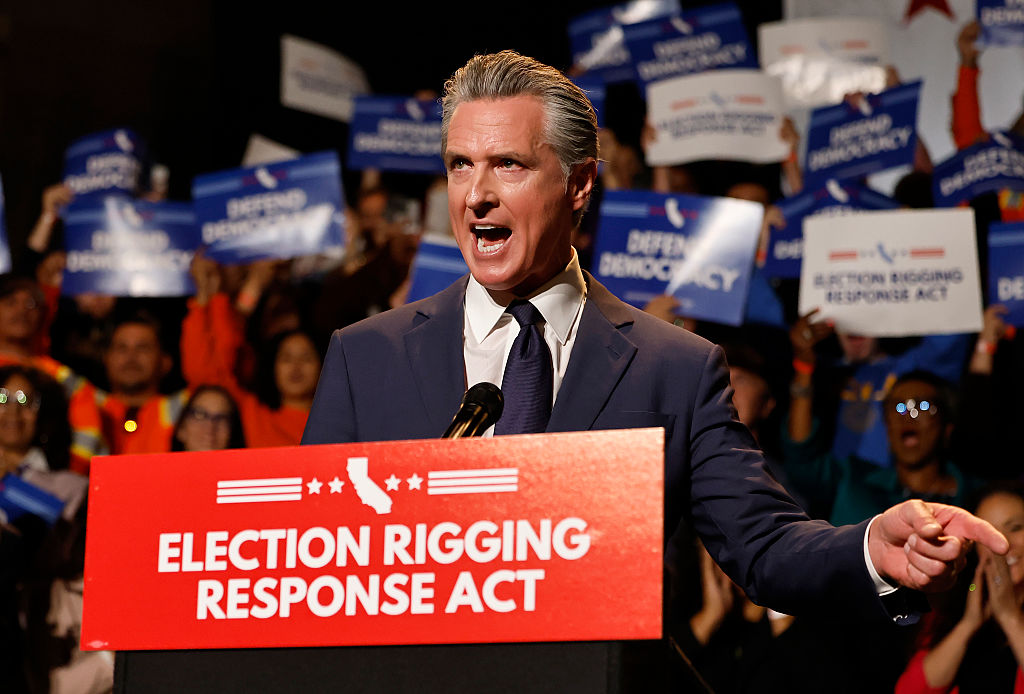The world has changed a great deal since September 2009, when the final episode of Mike Judge’s sitcom King of the Hill aired, and it has altered immeasurably since January 1997, when the show was first broadcast. Given that legacy television has become the new vogue – how else to explain the apparently endless resurrections of Dexter? – Judge can be forgiven for bringing back his second most popular animated show for a new audience. But the suspicion lingered that King of the Hill was a series very much of its time, and that the adventures of its well-meaning but vaguely idiotic patriarch, Hank, and his overbearing wife, Peggy, would not translate especially well to the colder, more demanding brave new world we now inhabit.
Judge has half-succeeded with the new incarnation of King of the Hill: it is likely to appeal to the show’s greatest admirers while still attracting those who would have been casually watching it, beer in hand, when it was airing on Fox one evening in the early Aughts. Whether it will have any appeal to the uninitiated is harder to gauge. I can’t imagine that it will have any crossover to younger audiences, many of whom would not have been born when the show first aired, and those who disliked it when it first came along are unlikely to warm to it now.
Still, Judge deserves credit for how he deals with the considerable passage of time. Hank and Peggy begin the show returning from Saudi Arabia (where he has had the very Hank-appropriate job of selling propane to earn enough money to pay for their retirement) and re-enter a different America to the one they left. It is a country of cancel culture and a fear of saying or doing the wrong thing, but it is also a place in debt to paranoid ideas of conspiracies, where Hank, Mr. Middle America himself, begins to feel like a foreigner in his own homeland of Texas.
There are, obviously, jokes about the signs on bathroom doors and whether you should rate your taxi driver five stars on the app (Hank, of course, rates him four, “so that he has something to aspire to” and gets a punitive two stars in response), but there’s also something darker and sadder lurking in the shadows. Literally, in the case of Stephen Root’s now-gargantuan Bill, who took to his bed during the pandemic and has not left in the last five years, surviving on takeaways and completing Netflix in the process. Still, at least their son Bobby is now grown up, working in a restaurant and finding it just as hard to deal with life as a 21-year-old chef in a Japanese–German fusion restaurant.
At its best, King of the Hill was always as much a character drama as it was a comedy, and so this decidedly autumnal return may be lower on laughs than its most devoted fans may have hoped for (although Peggy’s pronunciation of “Saudi Arabia” is one for the ages), but it manages to be a fresh and mainly engaging look at contemporary America through the eyes of a man who was cursed not to have come of age in the Fifties. If Judge’s masterpiece, Beavis and Butt-Head Do America, was the full satirical treatment of Clinton-era America, and Beavis and Butt-Head Do the Universe was an outraged response to post-Covid strictures, then perhaps the 14th series of King of The Hill is something grown-up and more reflective. There will be those who blitz through all 10 episodes as quickly as they can, but in order to savor its disaffection with the changing world, this should be sipped like a frozen margarita, and not chugged down like beer. A fifteenth series would, on this evidence, be far from unwelcome.


























Leave a Reply